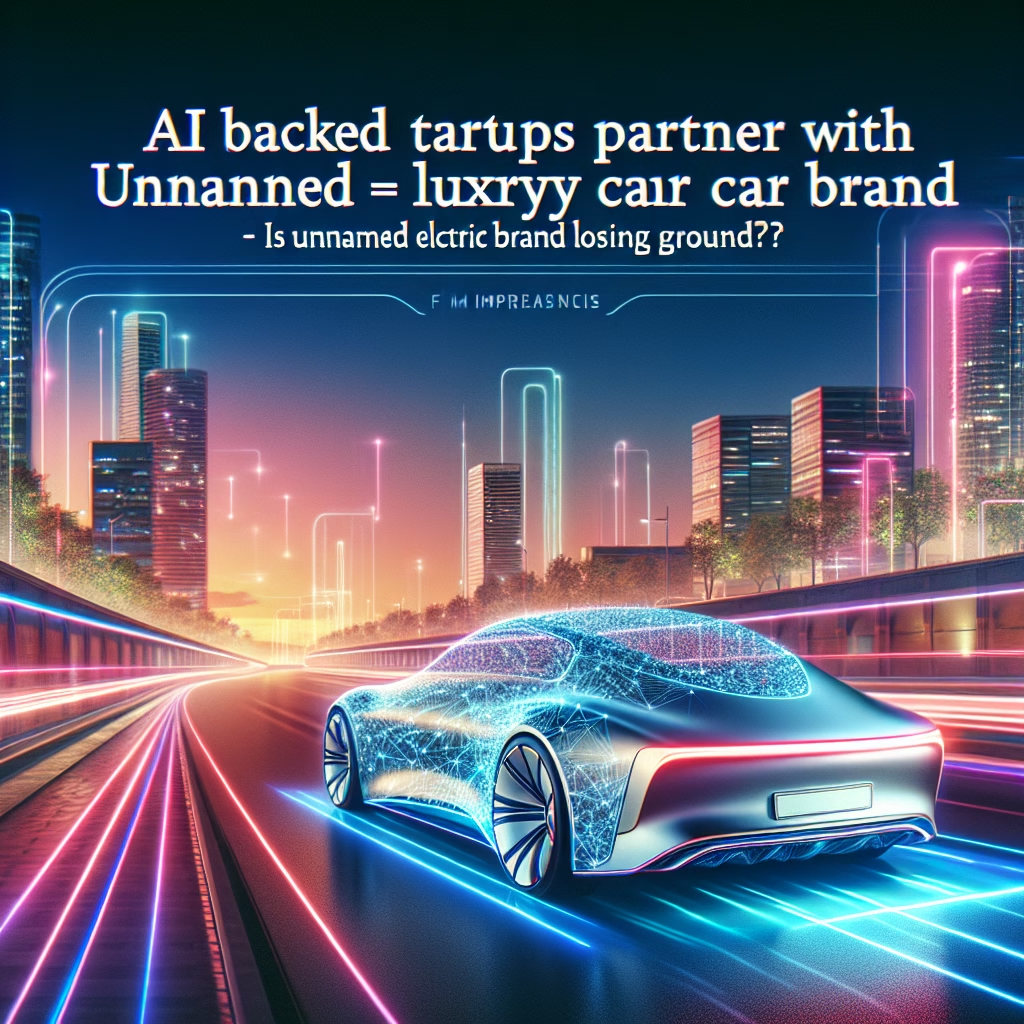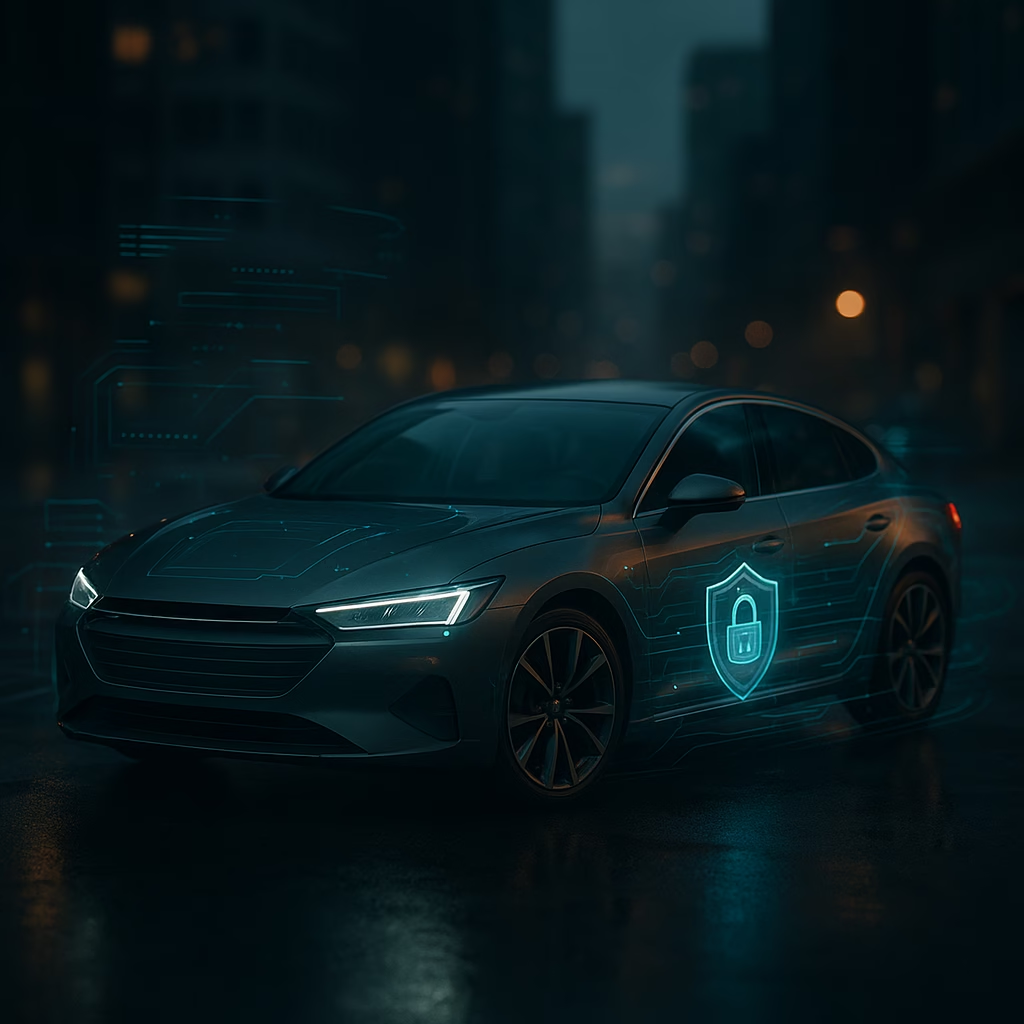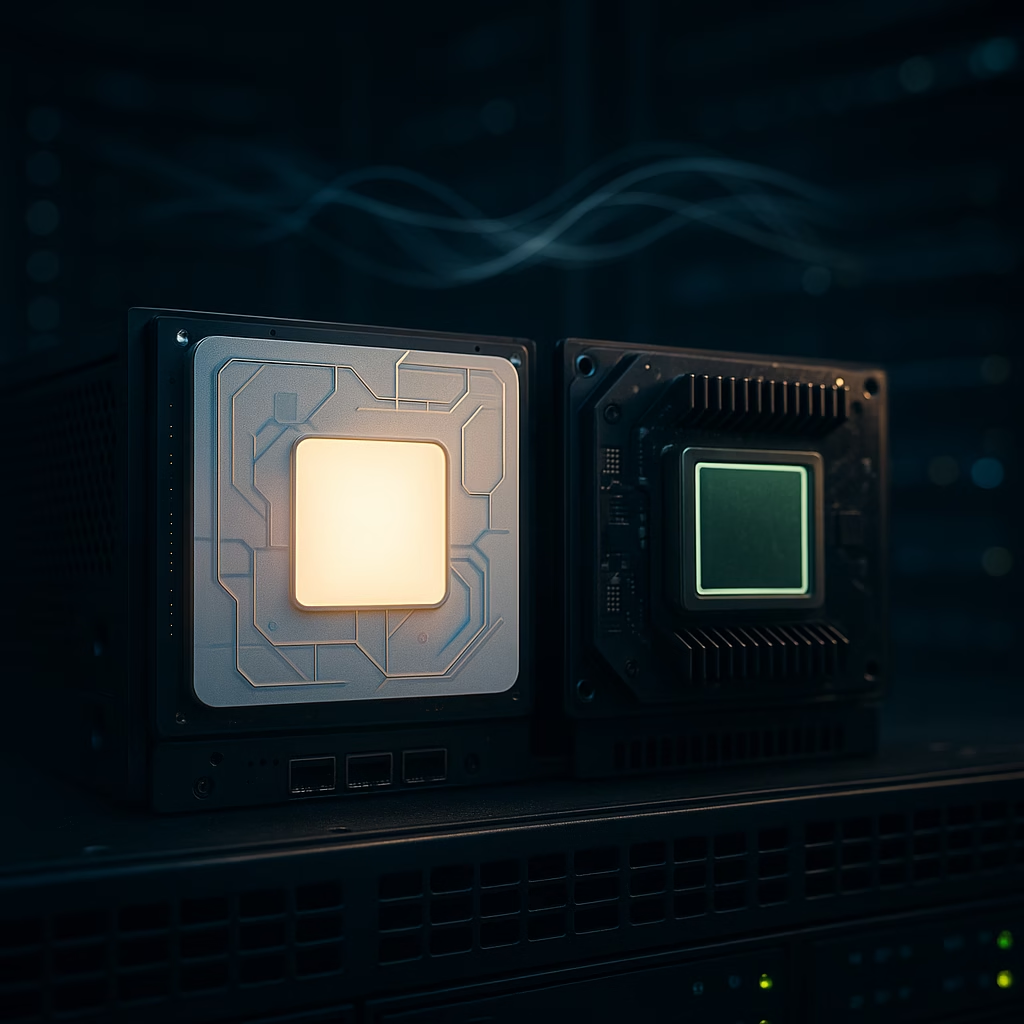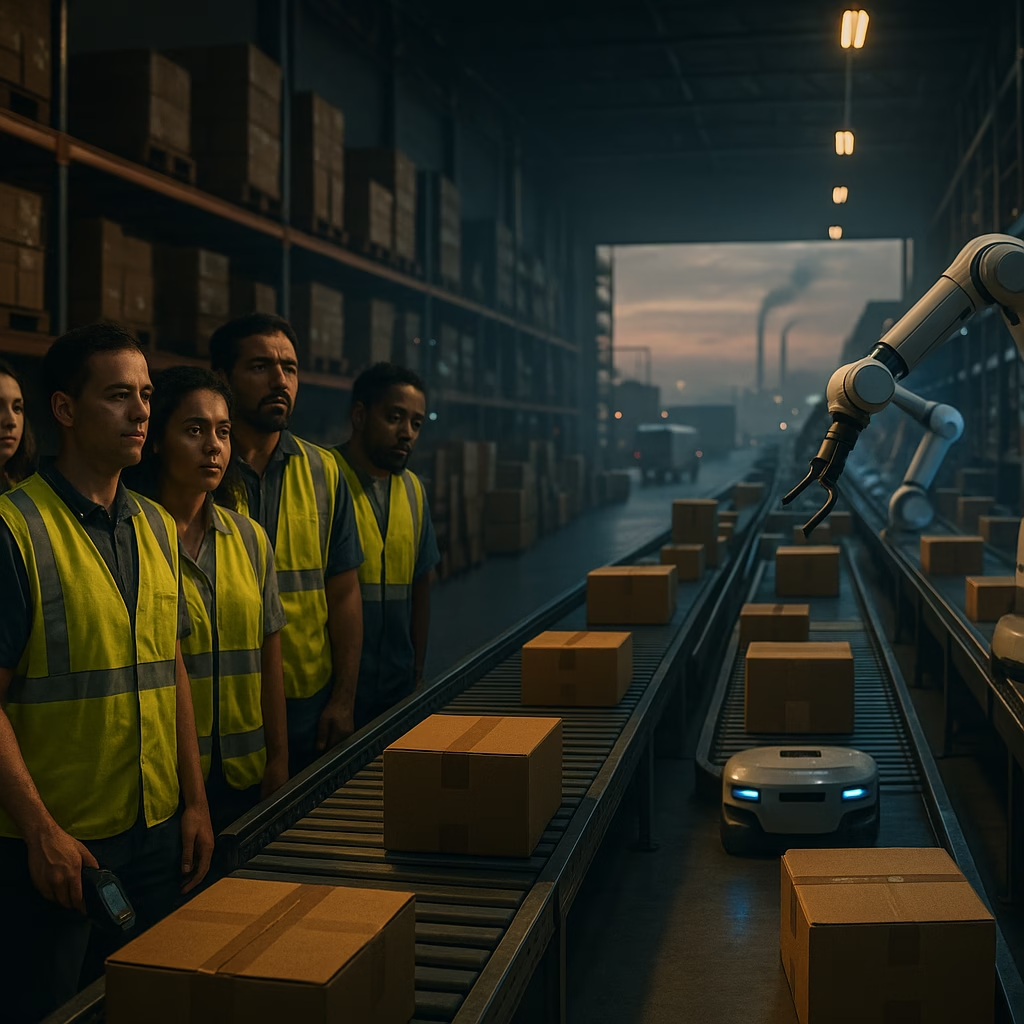Alibaba and BMW’s AI Collaboration: Tesla Faces Growing Competition
As artificial intelligence (AI) innovation accelerates, global automotive giants are doubling down on strategic partnerships. BMW and Alibaba recently announced a groundbreaking alliance, aiming to integrate AI-driven solutions to enhance vehicle functionality, customer experience, and efficiency. This move puts increasing pressure on Tesla, the long-standing leader in AI-powered electric vehicles (EVs). But what does this collaboration mean for the industry, and how does it impact Tesla’s dominance?
Alibaba and BMW: A Powerful AI Partnership
The collaboration between BMW and Alibaba is not just about improving AI within vehicles—it is a strategic play encompassing manufacturing, cloud computing, and smart mobility solutions. With Alibaba’s advanced AI capabilities and BMW’s automotive expertise, the partnership is poised to disrupt the industry.
Key Aspects of the Collaboration
- AI-Powered Digital Assistants: BMW will integrate Alibaba’s AI and voice recognition technology into their vehicles, offering a more seamless driver and passenger experience.
- Cloud Computing Enhancements: Alibaba Cloud will provide the infrastructure for AI-driven analytics, optimizing data collection and vehicle performance.
- Intelligent Manufacturing: The partnership will leverage Alibaba’s AI-driven automation for BMW’s production facilities to improve precision and efficiency.
With each of these developments, the German automaker is cementing its position within the highly competitive AI-driven automotive space.
The Competitive Landscape: How Tesla Stands to Be Challenged
Tesla has long been regarded as a leader in AI and autonomous driving technology. However, with companies like BMW integrating AI more extensively into their vehicles, Tesla faces stiff competition. BMW’s partnership with Alibaba could give them competitive advantages in several areas:
1. AI and Autonomous Driving
While Tesla’s Full Self-Driving (FSD) system is still in beta, BMW’s AI collaboration could fast-track their autonomous driving capabilities. Alibaba’s AI infrastructure provides immense data processing power, potentially enabling BMW to develop its own robust self-driving technology.
2. Connected Vehicles and User Experience
Alibaba’s advanced AI solutions will enhance BMW’s in-car experience. From voice-activated digital assistants to predictive maintenance and AI-generated insights, the integration could offer a superior infotainment and driving experience compared to Tesla’s software.
3. Smart Manufacturing and Supply Chain Optimization
BMW’s adoption of Alibaba’s AI-driven cloud solutions may improve manufacturing, logistics, and supply chain efficiency, helping reduce costs—potentially making their AI-enhanced vehicles more affordable compared to Tesla.
How This Collaboration Reflects a Shift in the EV Market
The automotive AI space is evolving rapidly, with traditional carmakers investing heavily in AI to rival Tesla. BMW working with Alibaba signals a broader industry movement where legacy automakers are leveraging tech giants to bridge the AI gap.
Other Automakers Following Suit
BMW isn’t the only legacy manufacturer bolstering AI development. Other automakers partnering with tech companies include:
- Mercedes-Benz & NVIDIA: A partnership to strengthen AI-driven vehicle automation and autonomous driving capabilities.
- Hyundai & NVIDIA: Hyundai aims to use NVIDIA’s AI solutions to create intelligent, connected vehicles.
- Ford & Google: Ford teamed up with Google to incorporate AI-powered cloud computing into vehicle logistics and smart mobility.
These partnerships demonstrate a growing trend—automotive manufacturers now see AI technology as critical to future competitiveness.
Challenges Tesla May Face Moving Forward
While Tesla has a first-mover advantage in AI-powered EVs, the market shift towards tech-driven collaborations poses several challenges for Elon Musk’s company:
1. Increasing Competition from Legacy Automakers
BMW, Mercedes-Benz, and Hyundai, among others, are ramping up AI investments. As they integrate AI into their vehicles with the help of tech giants, Tesla no longer holds a monopoly on automotive AI.
2. Chinese Market Challenges
China is Tesla’s largest market outside the U.S. However, local preferences for homegrown tech and AI solutions mean Alibaba’s AI-backed BMW vehicles could gain significant traction, reducing Tesla’s dominance.
3. AI Regulation and Compliance
As AI and autonomous driving technologies evolve, regulatory challenges keep mounting. With BMW leveraging Alibaba’s AI solutions, they may have a strategic advantage in navigating compliance concerns, particularly in Asian markets.
What’s Next for the Auto Industry?
The automotive industry is undergoing a paradigm shift where AI-based innovations define success. With BMW and Alibaba at the forefront of this transformation, new standards for AI-driven vehicles are being set.
Key Takeaways for the Future:
- AI Will Drive the Next Generation of Vehicles: Automakers must continue integrating AI-focused solutions to remain competitive.
- Tech Partnerships Are Essential: Traditional carmakers need to collaborate with tech leaders to future-proof their AI-driven capabilities.
- The Battle for AI Dominance Will Intensify: Tesla, BMW, and other automakers will continue vying for supremacy in AI-powered EVs.
Final Thoughts
BMW’s partnership with Alibaba is a game-changer in the AI automotive space. By leveraging Alibaba’s cloud and AI expertise, BMW is positioning itself as a formidable competitor to Tesla’s AI and self-driving technology.
As AI integration in vehicles becomes a priority for automakers, Tesla faces a growing challenge. While Elon Musk’s company remains on top for now, the evolving landscape signals a future where traditional car manufacturers, armed with AI-driven strategies, could gain the upper hand.
Will Tesla maintain its lead, or will automakers like BMW, partnered with tech giants, redefine the future of AI in automobiles? Only time will tell.
< lang="en">







Leave a Reply